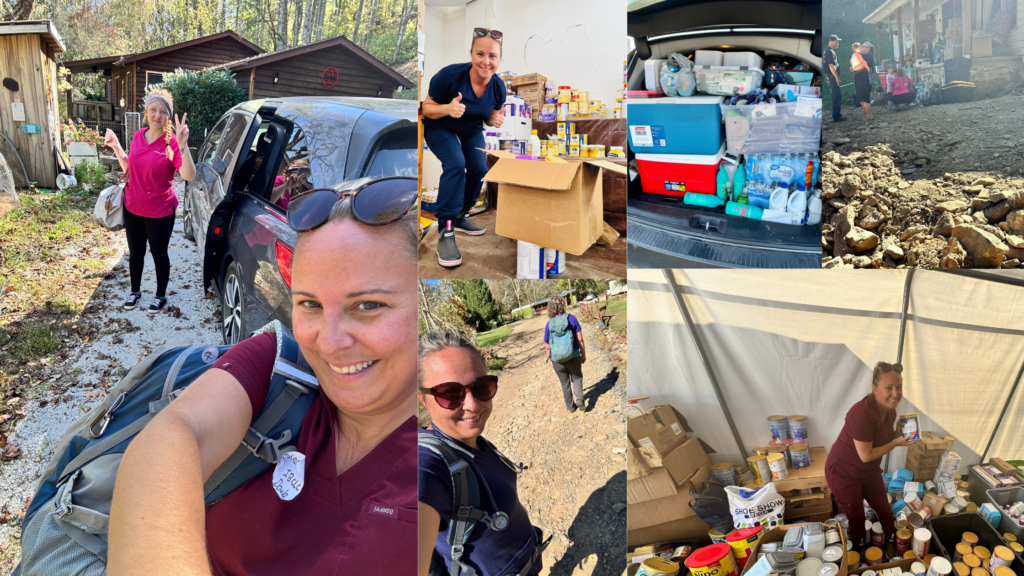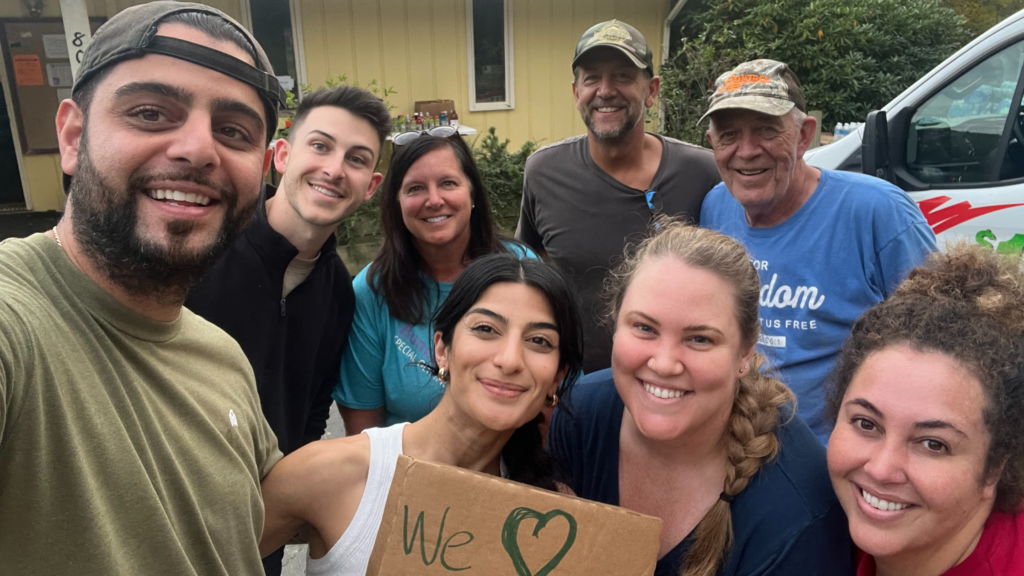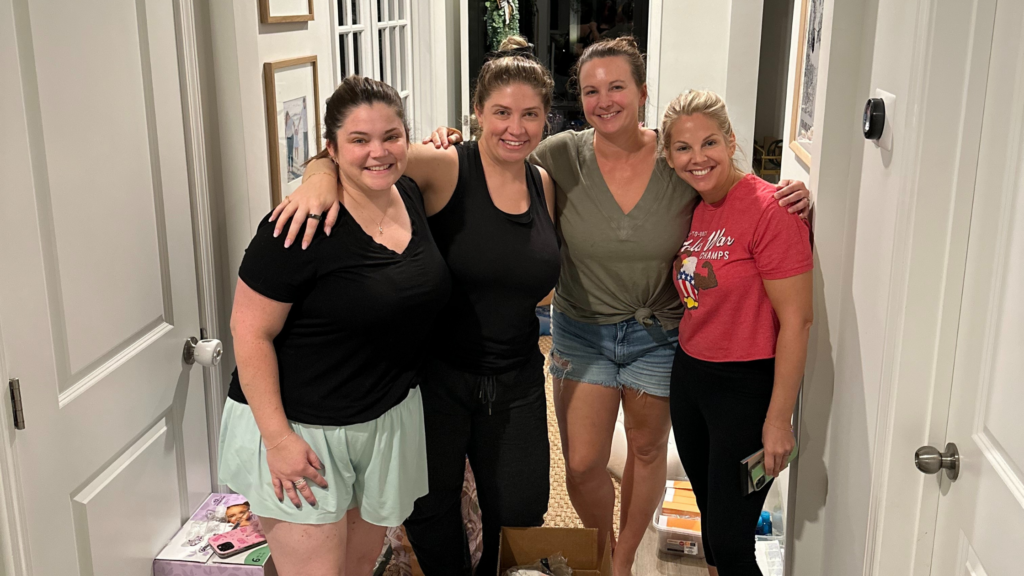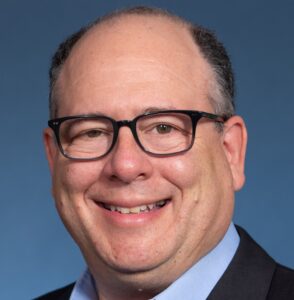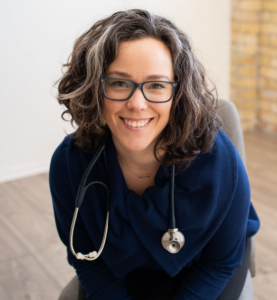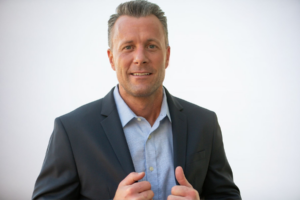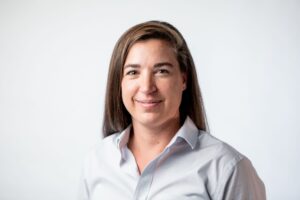We’re thrilled to announce that Aeroflow Health has been awarded the prestigious Great Place to Work® Certification, underscoring our commitment to fostering a supportive, inclusive, and empowering workplace culture. This recognition isn’t just a badge – it’s a testament to the heart, drive, and dedication that our team members bring each day. Receiving this certification reflects our unwavering focus on creating an environment where employees feel valued, respected, and motivated.
At Aeroflow, we’ve always understood that our people are at the core of everything we do. “Our team makes Aeroflow what it is, and earning the Great Place to Work Certification is a proud moment that truly belongs to each of them.” says Casey Hite, CEO of Aeroflow Health. Aeroflow understands that a great workplace is built from real-time feedback, respect, and a shared commitment to excellence. We strive daily to provide a workplace where team members can thrive, grow, and feel supported. The certification process for Great Place to Work® relies heavily on employee insights and the culture they experience every day. Achieving this honor signifies that our efforts to prioritize employee experience truly resonate across the company.
What the Great Place to Work Certification® Means
Great Place to Work® is the global authority on workplace culture, employee experience, and leadership behaviors. This certification is more than a stamp of approval; it represents our team’s unified commitment to creating a culture rooted in collaboration, trust, and opportunity. As Sarah Lewis-Kulin, Vice President of Global Recognition at Great Place to Work®, shares, “Great Place to Work Certification is a highly coveted achievement that requires consistent and intentional dedication to the overall employee experience. By successfully earning this recognition, it is evident that Aeroflow Health stands out as one of the top companies to work for, providing a great workplace environment for its employees.”
This certification speaks to our employees’ high regard for Aeroflow as a workplace that values their well-being, fosters growth, and empowers everyone to contribute meaningfully. According to Great Place to Work research, employees at certified workplaces are twice as likely to be paid fairly, share in the company’s success, and have a fair chance at advancement. They’re also 93% more likely to look forward to coming to work each day. Earlier this year, Aeroflow Health announced its Family Forward NC Certification that further speaks to Aeroflow’s dedication to its employees’ parenting journeys, a healthy work-life balance, and family-friendly workspaces.
According to Marshall Staton, Director of Human Resources at Aeroflow, “As an organization, we believe that creating a meaningful workplace culture begins with listening to our people and fostering an environment where every team member feels valued and empowered to thrive. Achieving the Great Place to Work Certification is a testament to our employees’ dedication to one another and our leadership’s commitment to making Aeroflow a place where everyone has the opportunity to grow, succeed, and truly enjoy their work. We’re proud of this accomplishment and are inspired to keep elevating the employee experience each day.”
"As an organization, we believe that creating a meaningful workplace culture begins with listening to our people and fostering an environment where every team member feels valued and empowered to thrive. Achieving the Great Place to Work Certification is a testament to our employees' dedication to one another and our leadership's commitment to making Aeroflow a place where everyone has the opportunity to grow, succeed, and truly enjoy their work. We’re proud of this accomplishment and are inspired to keep elevating the employee experience each day."
Marshall Staton
A Culture of Innovation and Employee Engagement
From competitive benefits to career growth opportunities and a collaborative atmosphere, Aeroflow is committed to listening to our team members and taking actionable steps to support their personal and professional growth. This certification validates the impact of our core values and strengthens our resolve to improve our culture and workplace experience continuously.
Our achievements, including this recognition, would not be possible without the incredible contributions of each Aeroflow team member. Every employee, from each department and every level, has played a role in shaping a culture that enables us to make a lasting impact on our patients and community.
Looking Forward
We are excited to build on this momentum and continue prioritizing our employee experience. We invite those looking to grow with a supportive, innovative, and committed team to consider joining us.
Are you ready to be part of a team where people matter? Look at our career page to learn more about open positions at Aeroflow and join a workplace where culture and collaboration truly come first.
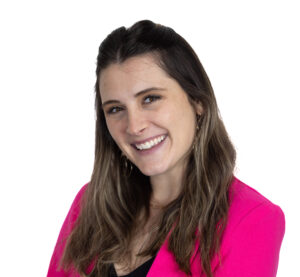
Written by Joy Payne
Joy is the Senior Content Coordinator at Aeroflow Health. With over a decade of experience in bringing brand stories to life, Joy has a profound appreciation for the power of storytelling.
As a graduate of Western Carolina University with a bachelor's degree in English: Professional Writing, Joy has actively contributed to various publications, including Grit & Virtue, AdventHealth's Experience Magazine, and Thryve Mag. Through her work, she has demonstrated a keen eye for expressing unique perspectives that resonate with audiences and elevate brand voices.
In her free time, Joy enjoys driving along the Blue Ridge Parkway, writing songs, and discovering the best coffee spots in town. Her diverse experiences and commitment to shining a light on meaningful stories underscore her expertise in the field.

